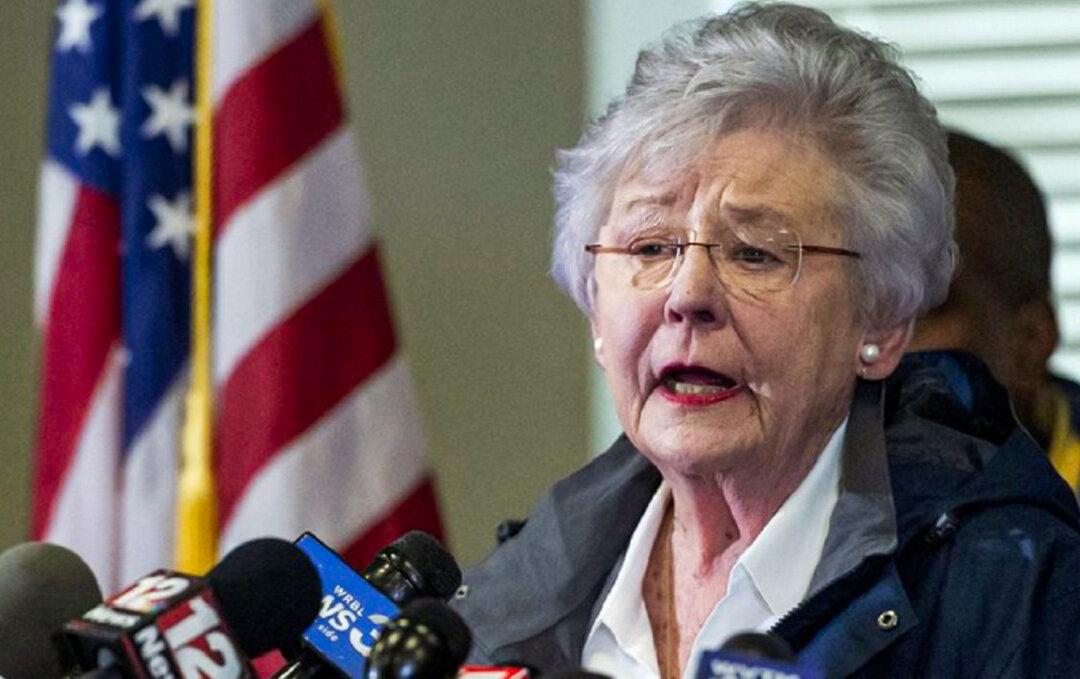Alabama Gov. Kay Ivey has expressed concerns about sexually suggestive content available in the state’s public libraries, particularly in sections dedicated to children.
In a Sept. 1 letter to Nancy Pack, the director of the Alabama Public Library Service, Ms. Ivey, a Republican, requested answers regarding the environment libraries are providing to families and children.





